Hashish often carries a heavy stigma, but in reality, it’s simply a concentrated form of the cannabis plant. This potent material is produced by compressing the trichome-rich parts of cannabis flowers, resulting in a solid, resinous substance. With a texture ranging from sticky to crumbly—sometimes resembling a vegan brownie or cookie dough—hashish can be consumed in a variety of ways, including smoking and vaping.
Despite its modern associations, hashish has deep cultural roots and a history that spans centuries.
A Brief History of Hashish
Hashish is believed to date back as far as 4000 BCE, with cultural origins in regions such as Morocco, Afghanistan, India, Iran, Pakistan, Israel, Central Asia, and Lebanon. In early times, hashish was traditionally made by rubbing the hands over cannabis plants to collect the sticky resin. The collected material would then be rolled and saved for later use.
Throughout various cultures and time periods, hashish was used in spiritual, ceremonial, and recreational contexts. Its perception shifted in the 19th century, especially in Western societies, where changing medical and regulatory frameworks led to its classification as a “drug.”
Different Types of Hash and How They're Made
Over time, hashish has evolved from a singular resin product into a broader category of cannabis concentrates, each with distinct preparation methods.
• Bubble Hash (Ice Water Hash)
Made using ice water and agitation, bubble hash involves freezing cannabis trichomes and gently separating them through a series of micron filters. The result is a granular, high-potency product prized for its purity.
• Kief (Dry Sift Hash)
Collected from grinders or mesh screens, kief is a dry powder composed of loose trichomes. It’s essentially a raw, unpressed form of hash and is often sprinkled on flower or pressed into coins or pucks.
• Rosin
This solventless concentrate is created by placing cannabis on parchment paper between heated plates and applying pressure. The oily resin that oozes out is collected and cooled, resulting in a golden, glassy concentrate.
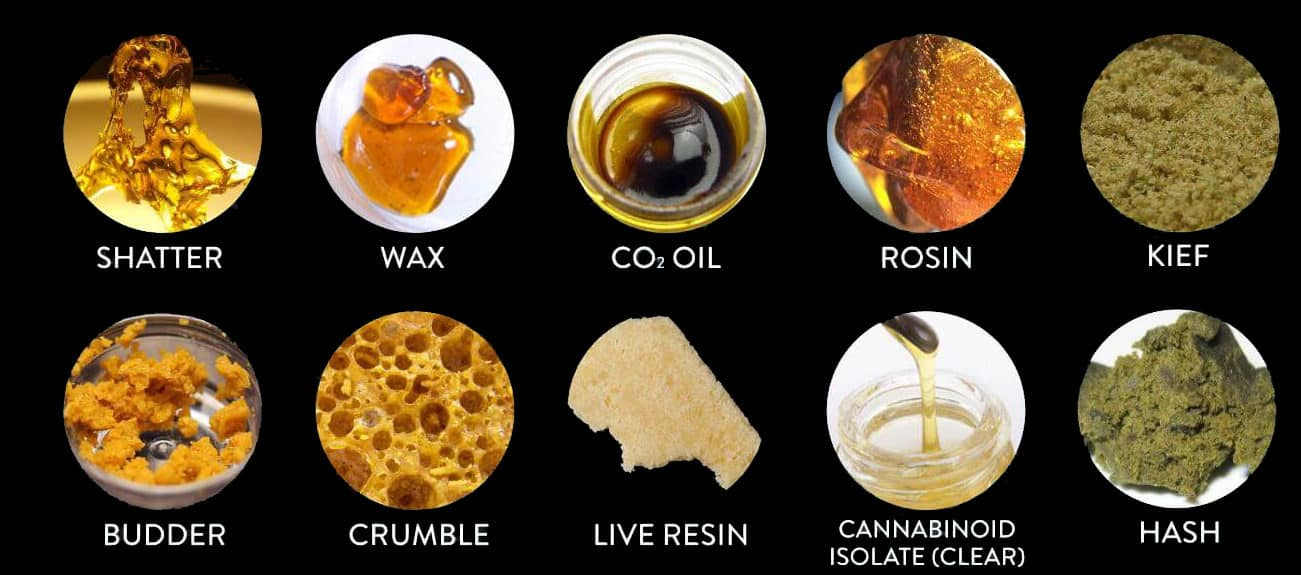
Photo Credit: Weed Hub
Methods for Smoking or Using Hash
Hashish can be consumed in a number of ways, depending on its consistency and purity:
Rolled into joints or blunts
Packed into bowls or bongs
Vaporized or dabbed, if the hash has a meltable consistency
Hot Knives – an old-school method involving heating metal surfaces and pressing the hash to release vapor
Tip from Weedmaps: If your hash doesn’t melt easily, you can use a hair straightener and parchment paper to gently press it into a form of rosin, which may be better suited for dabbing.
What About CBD Hashish?
CBD hashish is a variation of hash made from hemp-derived cannabinoids rather than THC-dominant strains. These products are crafted to comply with federal regulations and contain less than 0.3% THC. You can find CBD hashish in various forms such as kief or pressed resin. At Plain Jane, several types of hemp-based CBD concentrates are available for those looking to explore non-intoxicating options.
Hashish has come a long way—from ancient traditions and global rituals to modern-day concentrates found in dispensaries and online stores. Whether you’re intrigued by its cultural history or curious about different forms like bubble hash and rosin, hash continues to be a fascinating aspect of cannabis culture.
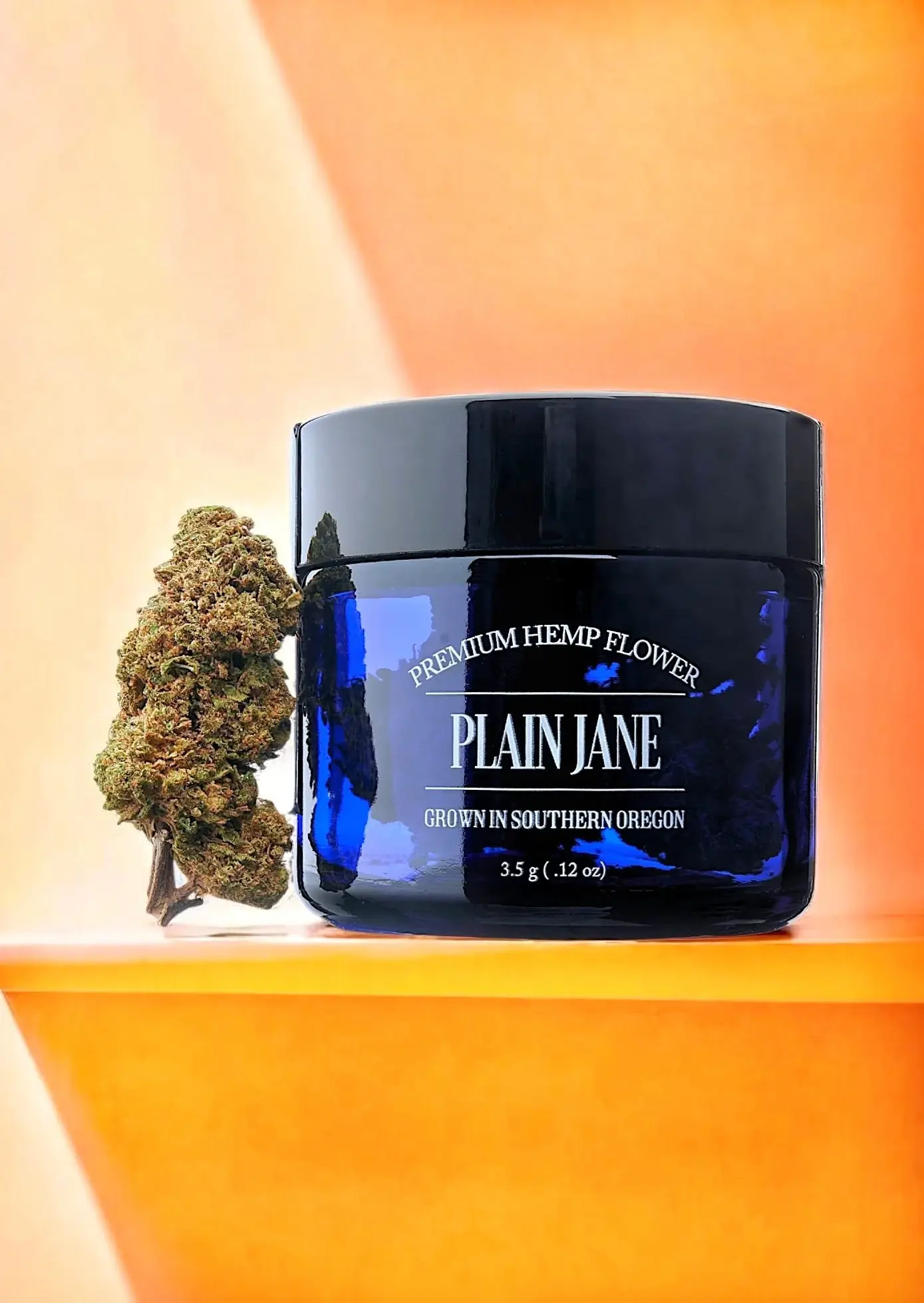
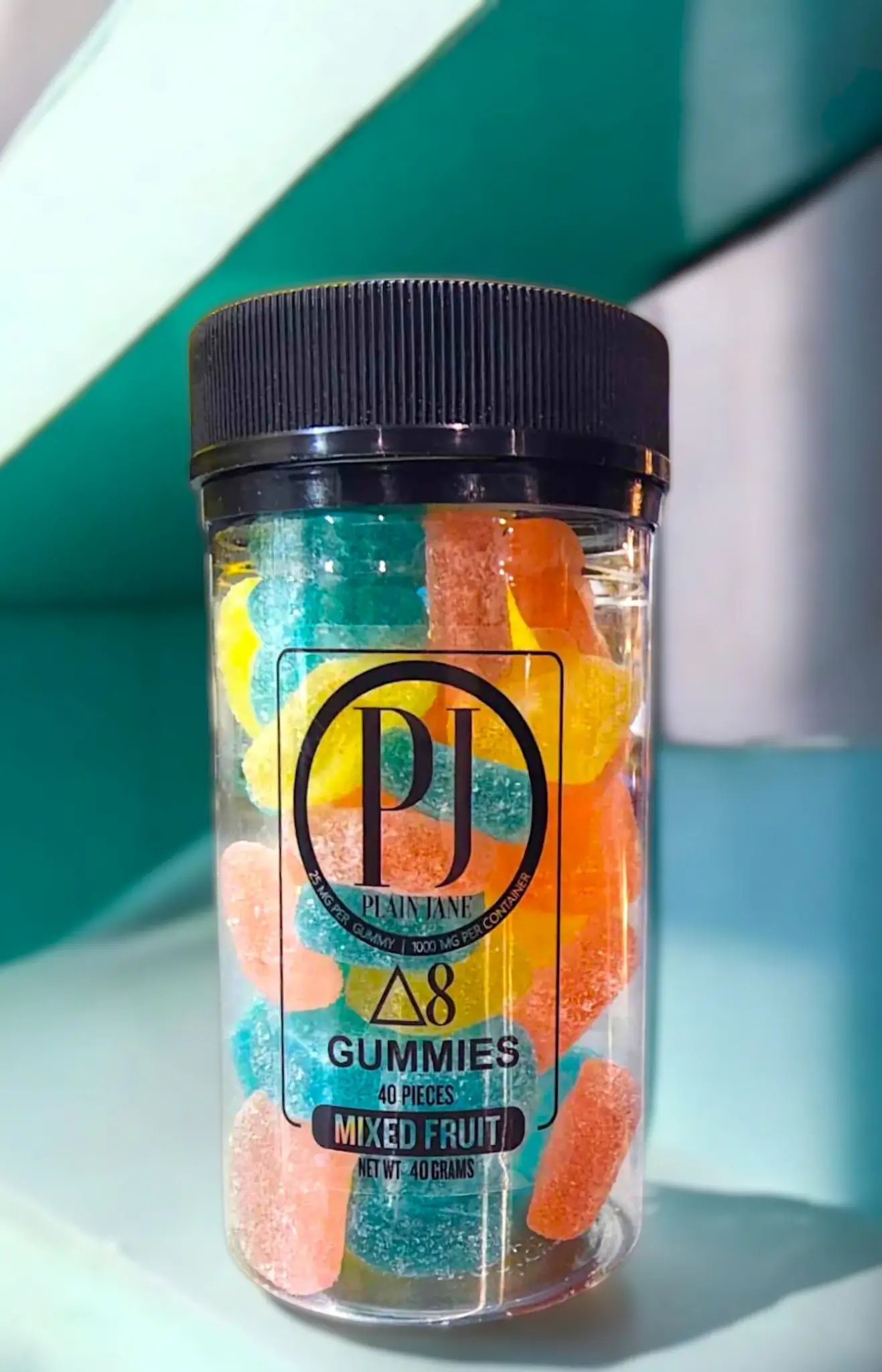
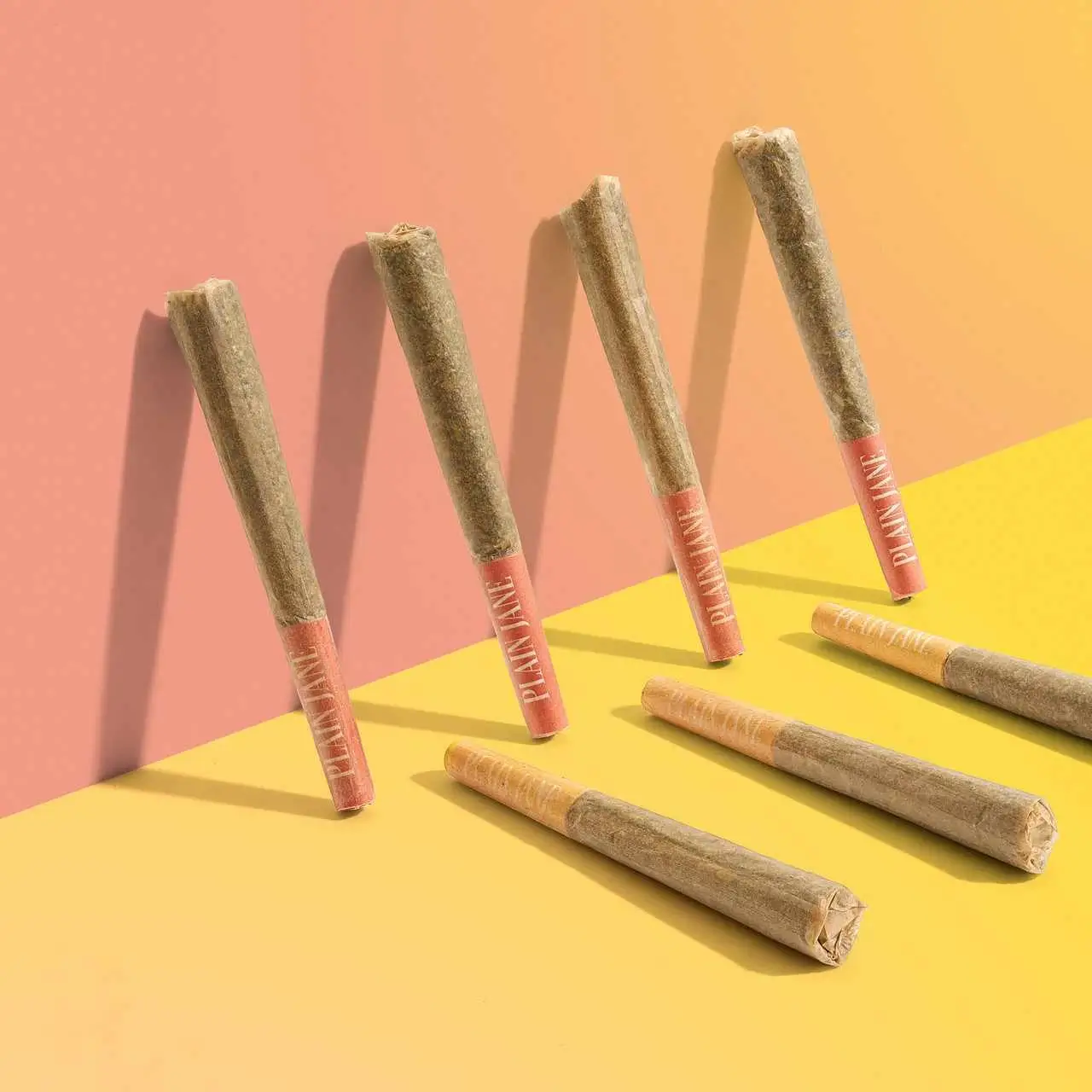


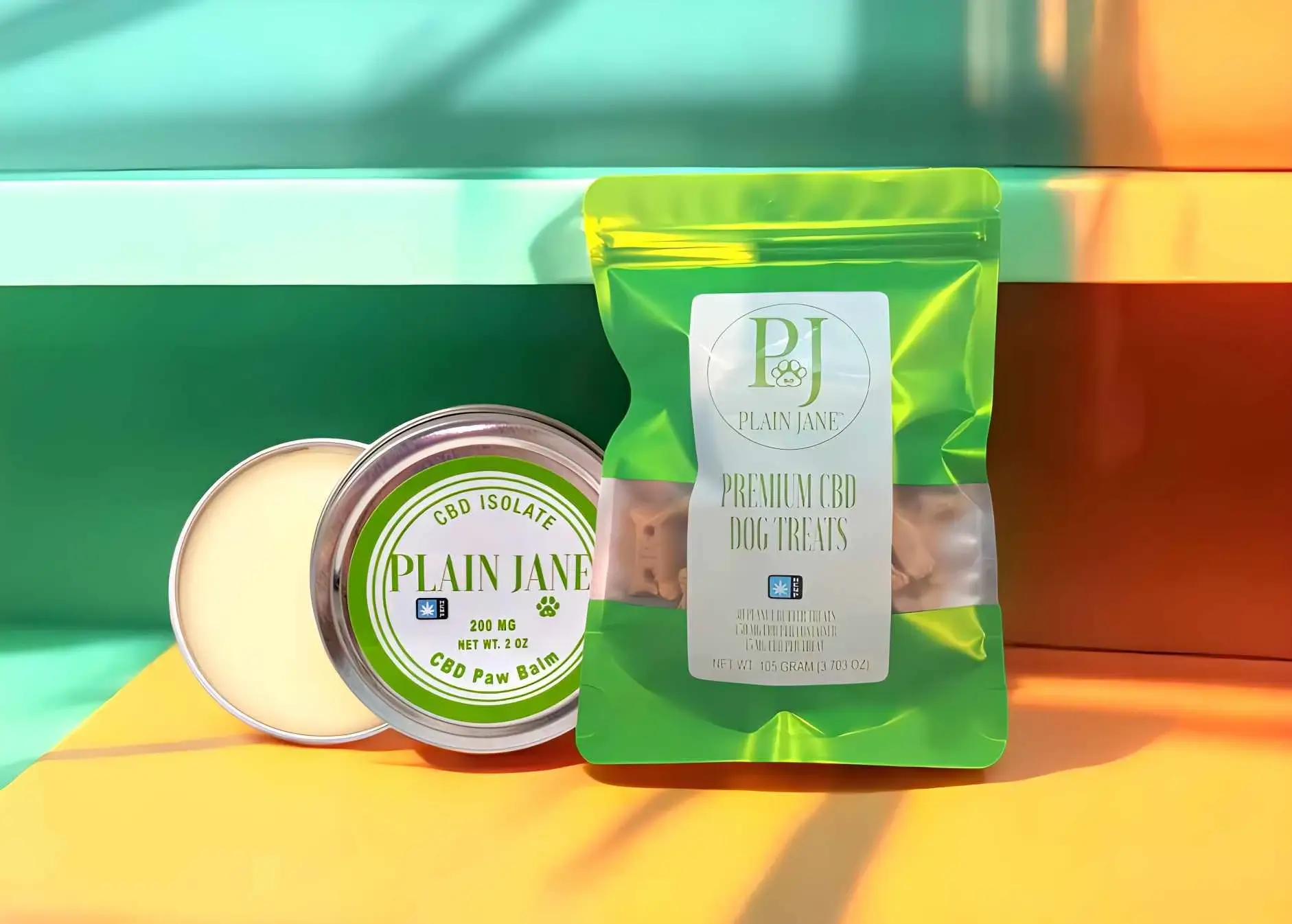
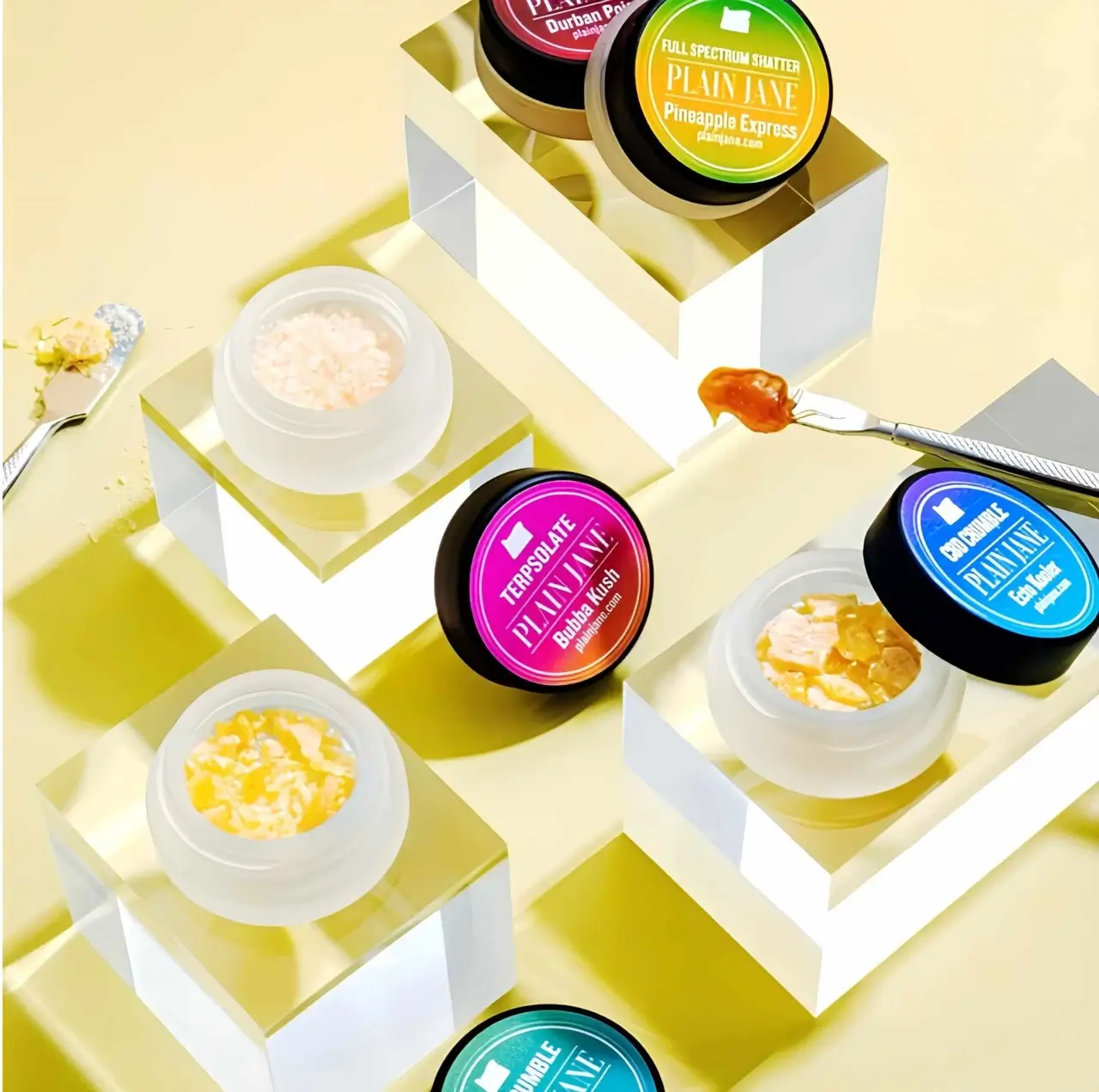
0 comments